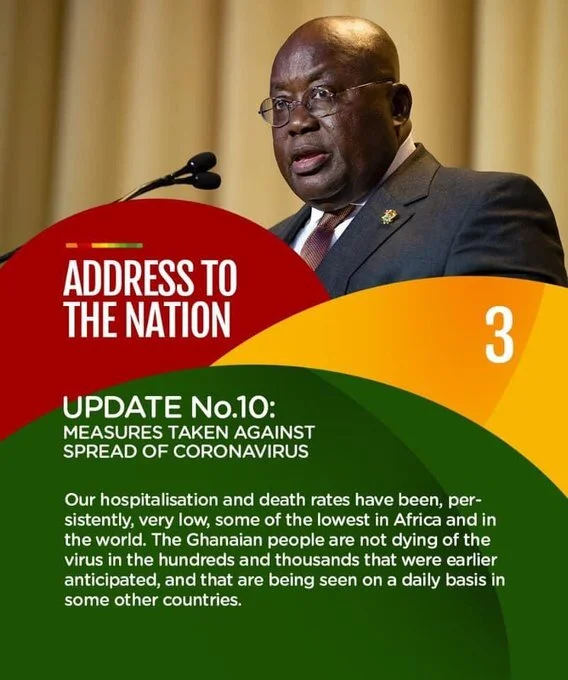We all like to live healthy and carefree lives. A life where there are no worries and everyone is happy. Unfortunately, life is not a bed of roses.
HIV (Human Immunodeficiency Virus) has come into this world with a vengeance taking away the simple joys of life, rendering children orphans and breaking up marriages and relationships. A day was set in the calendar (1st December) for the world to unite against HIV. Many organizations such as NGO’s have been set-up to battle against the spread of HIV whilst many media organizations run documentaries on this viral disease.
But the saddest thing about this HIV is Stigmatization. I previously wasn’t aware of this word until about a year ago when local news stations broadcasted documentaries on the effect of stigmatization in our society and the world as a whole.
I interviewed a lady who is helping in her own small way is helping to raise the awareness of HIV and educating the public on the negative effects of stigmatization. Her name is Joan Tsorhe and currently works in one of the oil companies in Ghana. She is the head of a volunteer group with the aim of preventing and raising awareness of HIV at her workplace. I happen to a volunteer for the same group (yay!) So this is me trying to be all professional…
Me: What made you interested in HIV awareness? Why not malaria?
Joan: More people in society than we know have HIV. I decided to educate people not to be embarrassed that they are positive. I am also giving back to society in my own small way.
Me: What is Sigmatization
Joan: This is whereby people diagnosed with HIV are discriminated against at their workplaces, in their homes and saddest of all in the church. No matter where you go, once people get to know you are HIV positive you are going to be shunned and treated like an unclean person. Stigmatization currently prevents people from revealing their status.
Me again: How does stigmatization affect our society
Joan: Stigmatization compounds the rate of HIV in our society in the sense that it reduces productivity at the workplace, creates orphans and brings loss of income to infected person. As more people are reluctant to get tested it increases the chances of persons becoming infected. Its better to know your status so you can protect your partner and family better. You (that is me) would be surprised to find out that poor health care is given to HIV patients as even doctors and nurses stigmatize against HIV patients. Being stigmatized against creates an emotional turmoil for the infected person and tends to reduce their lifespan. There is the high probability of orphans as mentioned earlier leading to greater dependency of aid by NGO’s etc.
Me for the last time: If your relation reveals to you that they were positive what would be your reaction.
Joan: hmmm… I have a relation who has HIV and lost her husband to it. This could have been avoided if the man had known his status and told his wife about it. Being in this field I am now more compassionate and ready to embrace those who are affected with it.
Final Message?
It’s natural for people to stigmatize, but we shouldn’t forget that it could be me or you or your father/mother. The reason why some people don’t want to test and know their status is fear of being seen as a loose person as most people think HIV can only be contracted sexually. People are stigmatizing due to fear of contracting the disease. A hug or touch will not make you contract it, neither will eating with the person or shaking their hands.How would you feel if you were discriminated against at your workplace?
Think on these things.


